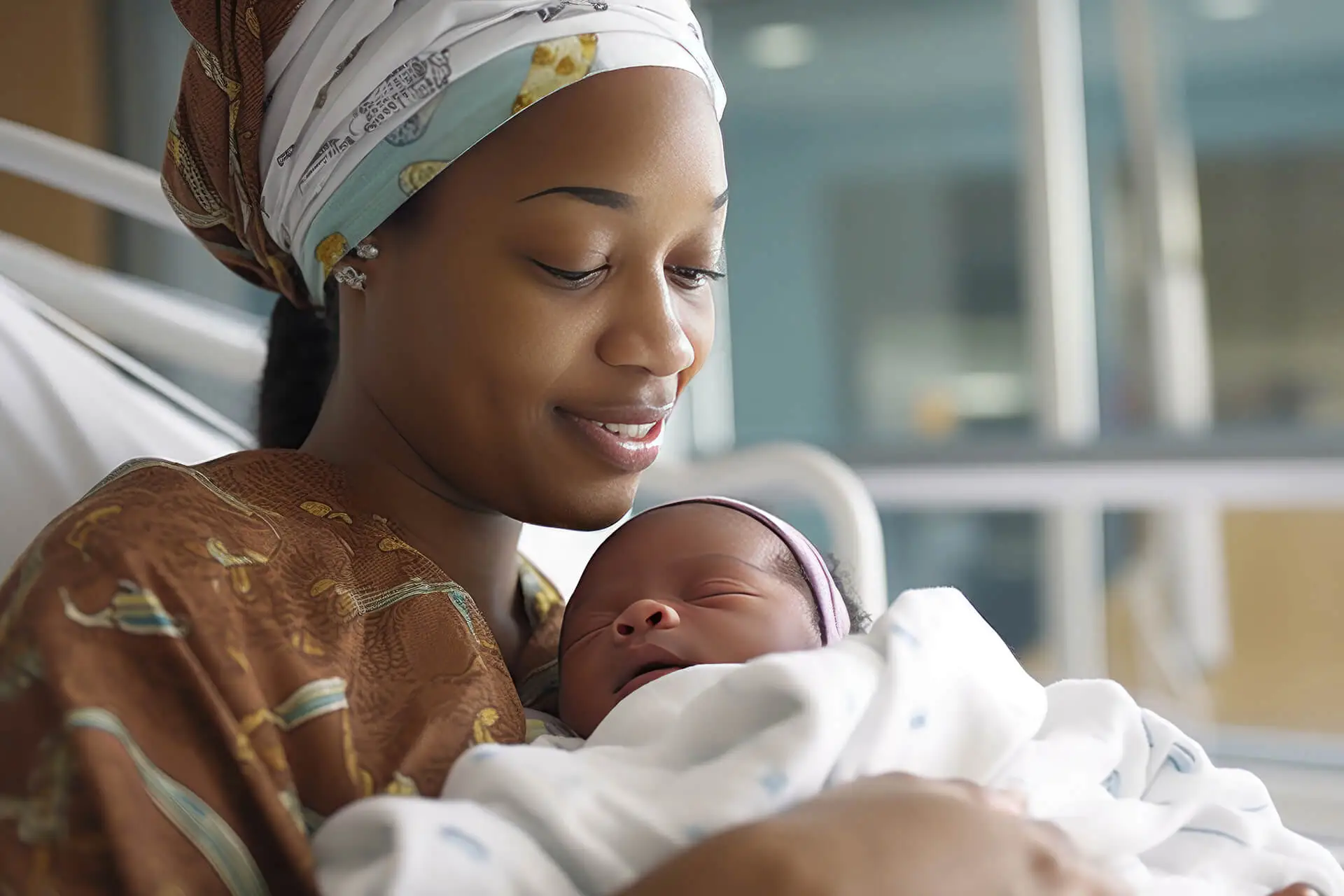
Children Born Following Assisted Reproduction: No Overall Increased Risk of Cancer
In a study of 47,690 children published February 4, 2019 in Human Reproduction, a highly-regarded reproductive medicine journal with world-wide circulation, children born after assisted reproductive technology (ART) do not appear to be at greater risk of developing cancer than other children. This is a landmark study because there has been conflicting evidence in this regard and the size and duration of this investigation are unparalleled in other such research. (The children in this study were followed for an average of 21 years.)
This paper from the Department of Epidemiology in The Netherlands Cancer Institute, Amsterdam, is the first study to look at the long-term cancer risk in ART children compared to those in the general population or who were conceived naturally by sub fertile women. The possibility exists that difficulty in conceiving could be a factor that influences the risk of cancer in their offspring.
Of the 47,690 children included in the analysis, 231 developed cancer. After adjusting for confounding factors (age and the parental cause of subfertility), the overall long-term risk for cancer was neither increased in the ART-conceived children compared with naturally conceived children from sub fertile women, nor when compared with the population at large.
The cancer risk, however, was somewhat increased, although not statistically significantly, in children conceived after two commonly used fertility treatments: intracytoplasmic sperm injection [ICSI] or from embryos that had been frozen before being thawed and transferred. In addition, there was a slightly increased, but statistically insignificant risk of lymphoblastic leukemia and melanoma. These data must be interpreted cautiously in that the numbers of cancers in these groups were small, and these findings may be due to chance.
Researchers analyzed data from a large, nationwide study of sub fertile women (the OMEGA study) who were treated in one of 12 Dutch fertility clinics between 1980 and 2001. They also collected data on the offspring and the information was linked to data on the incidence of cancer from The Netherlands Cancer Registry between January 1989 and November 2016. Of the 47,690 children born alive, 24,269 were conceived by ART, 13,761 were naturally conceived and 9,660 were conceived naturally or with the help of fertility drugs, such as ovarian stimulation medication, but not by ART.
Of the 231 cases of cancer occurring among all the offspring, there were 31 cases of lymphoblastic leukemia and 26 cases of melanoma. Although only hypothetical, some fertility treatments might induce genetic alterations that increase the risk of melanoma and leukemia. Clearly, further research with larger numbers is needed in this regard.
Although these results provide reassuring evidence that children conceived as a result of fertility treatments do not have an increased risk of cancer after a median follow-up of 21 years, as more children are born following ICSI and embryo cryopreservation, the long-term cancer risks of these techniques should be studied in larger numbers of children. (In fact, this same research group is expanding their study to include more than 30,000 ART-conceived children born in more recent years. It will include children born following ICSI and/or embryo cryopreservation.)
Journal Reference:
Mandy Spaan, Alexandra W van den Belt-Dusebout, Marry M van den Heuvel-Eibrink, et al:. Risk of cancer in children and young adults conceived by assisted reproductive technology. Human Reproduction, 2019; DOI: 10.1093/humrep/dey394
Categories
About the Blog
Welcome to the Center for Reproductive Medicine Blog! Nationally and internationally recognized for providing exceptional reproductive care, our team believes in empowering people with the knowledge they need to navigate their unique fertility journeys.
From information on the latest fertility treatments to valuable insights on egg donation, surrogacy, and everything in between, the Center for Reproductive Medicine Blog is your ultimate resource for all things reproductive care and support. Read on to learn more, and contact us today if you have any questions or want to schedule a new patient appointment.

